Art and Architecture: Macklowe Art and Architecture
Looking for clear guides on buildings, styles, and design? Macklowe Art and Architecture collects readable articles on architecture, history, and art. We cover everything from ancient Roman engineering to modern minimalism, with practical tips for travelers, homeowners, and students.
What you'll find here
Browse seventy posts on architecture and design, fifty-three on architectural styles, and focused reads on preservation, sustainability, and urban design. Each piece shows real examples, spotting tips, and short histories you can use on a trip or renovation.
How to use this site
Start with popular guides like Roman architecture or Gothic Revival, or search categories for specific ideas. Use our travel tips to find hidden gems, read restoration posts for hands-on preservation advice, and explore culture articles to understand how society shapes buildings. Want a quick win? Check the beginners' guides for simple terms and fast spotting tricks. Bookmark favorites, follow tags, and come back when you plan a project or a trip. We keep content practical, up to date, and easy to read so you can learn fast and apply what you find.
Subscribe for updates, quick reads, and field-tested ideas you can use right away today now.
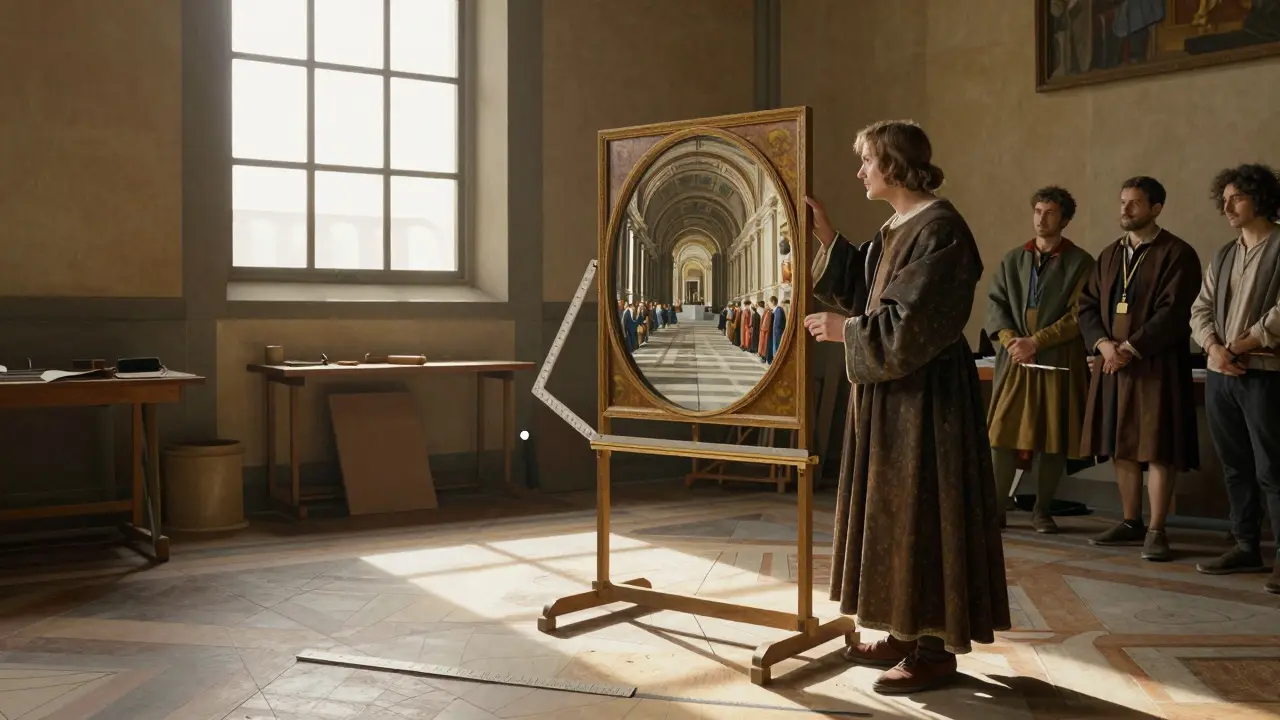
Renaissance Art: The Birth of a New Perspective
Renaissance art revolutionized visual storytelling by introducing linear perspective, turning flat paintings into immersive worlds. Rooted in humanism and math, this breakthrough changed how we see space, light, and the human form.
Read more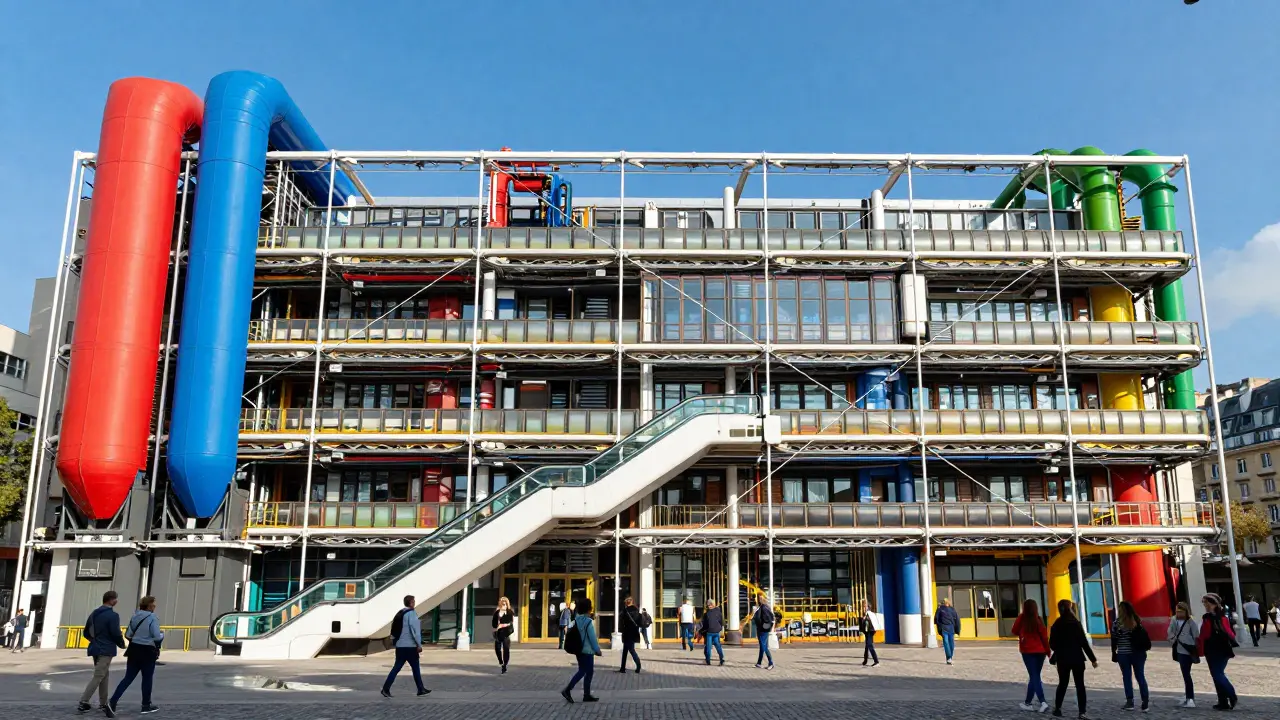
High-Tech Architecture: Where Creativity Meets Technology
High-tech architecture reveals a building's inner systems as part of its design-exposing steel, ductwork, and tech to create functional, innovative spaces. From Centre Pompidou to Apple Park, it blends engineering with bold aesthetics.
Read more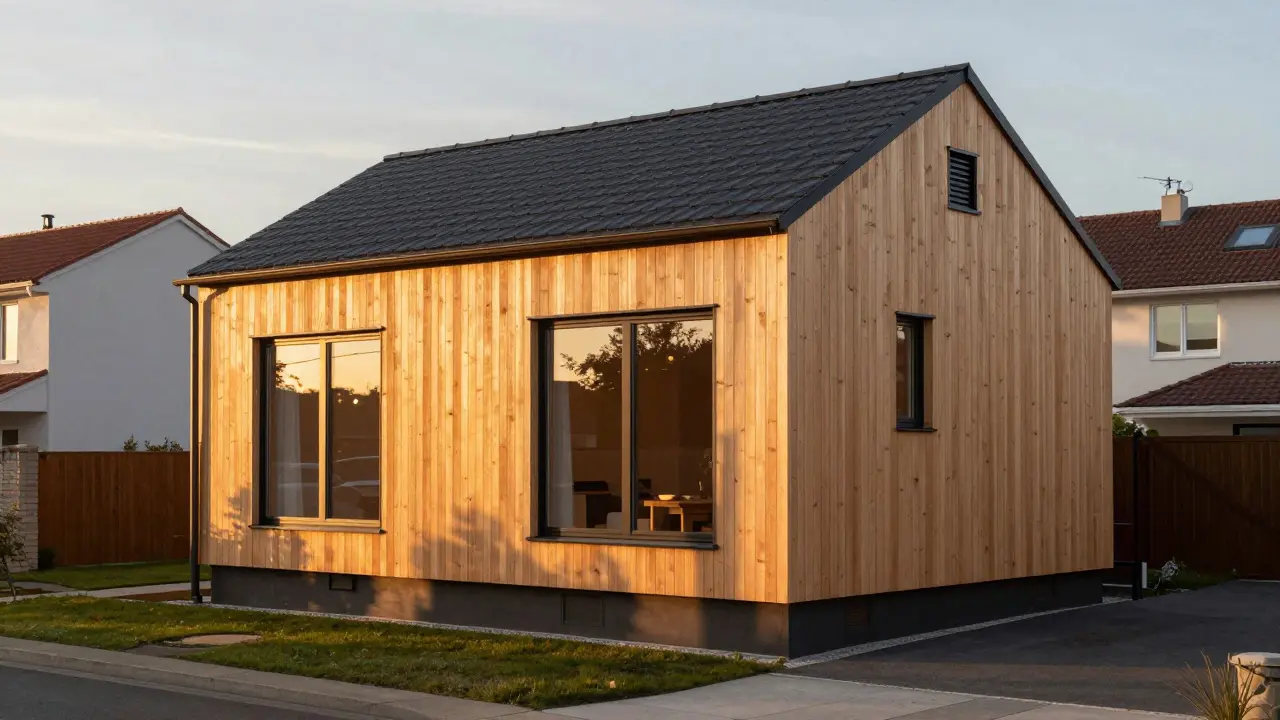
The Crucial Role of Sustainable Architecture in Modern Society
Sustainable architecture reduces carbon emissions, cuts energy costs, and creates healthier living spaces. From Passive Houses to urban retrofitting, it's not just eco-friendly-it's essential for modern society.
Read more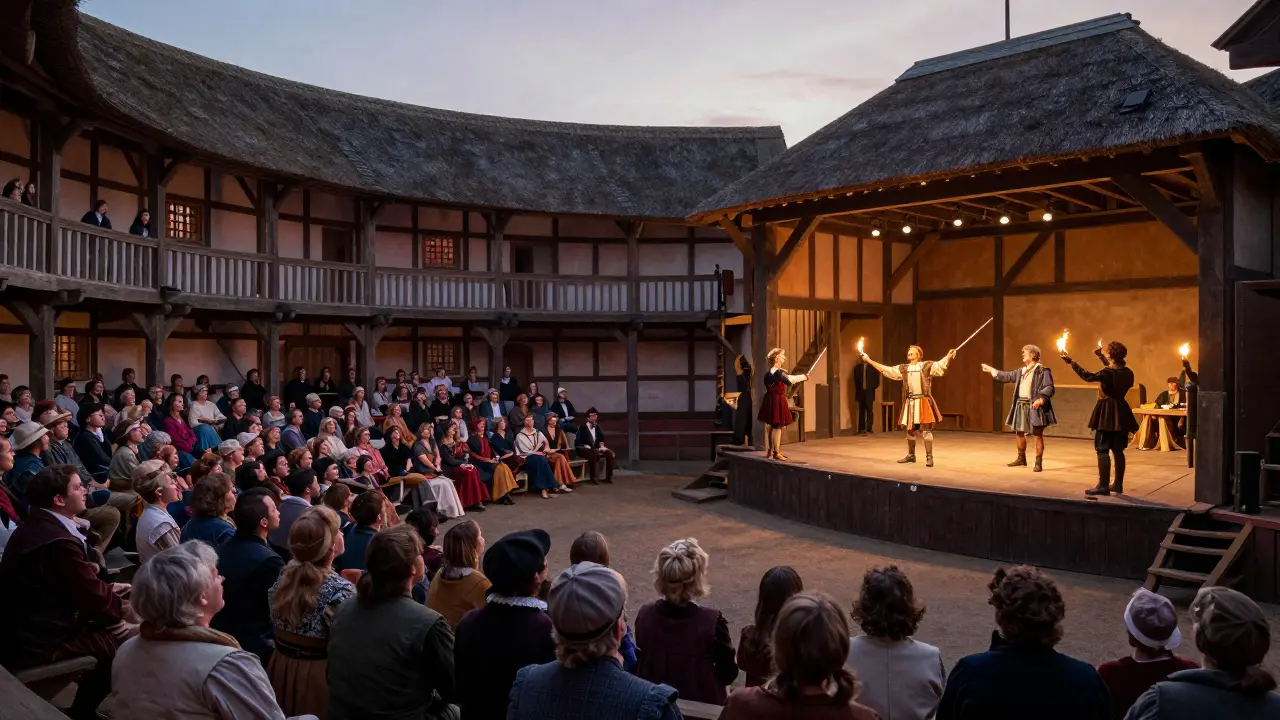
The Renaissance: How It Revolutionized the World of Theatre
The Renaissance transformed theatre from religious pageants into powerful, human-centered performances. With professional actors, realistic stages, and groundbreaking plays, it laid the foundation for modern drama as we know it.
Read more
Functionalism: Understanding How Society Holds Itself Together
Functionalism explains how society stays stable through institutions like family, education, and government. Each part serves a purpose, keeping the whole system running. It’s not about fairness-it’s about function.
Read more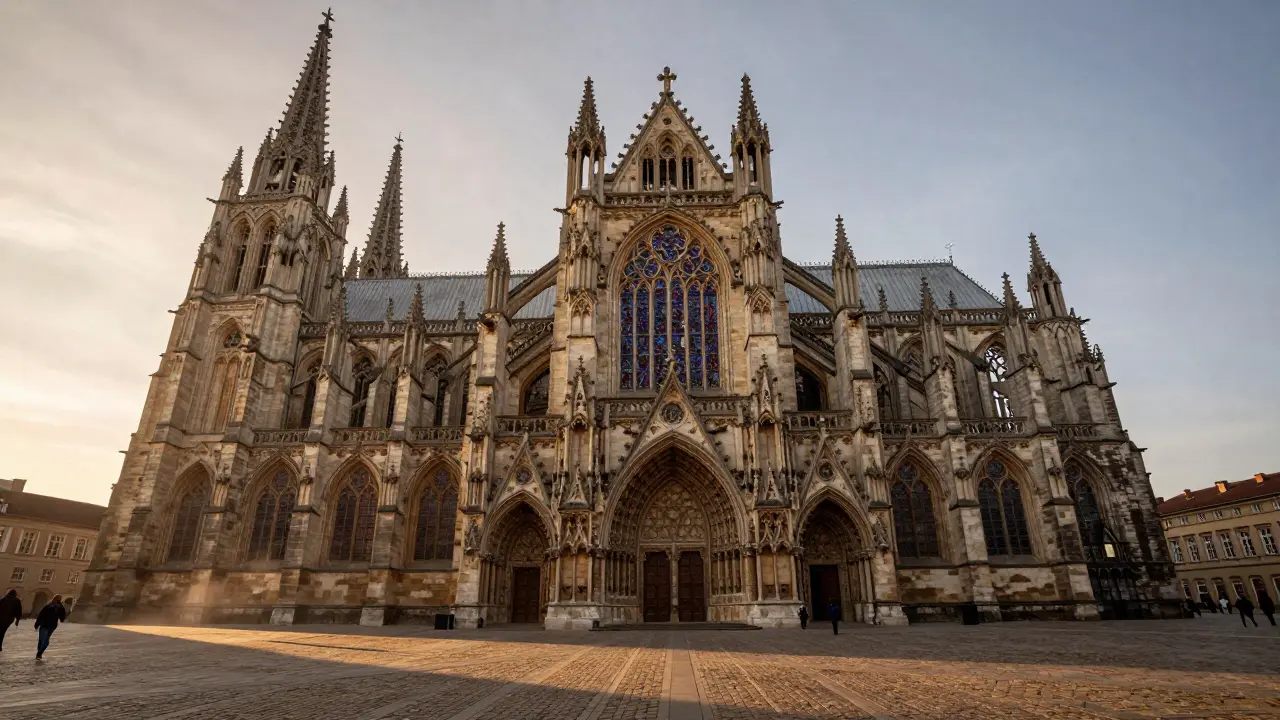
The Enduring Influence of Gothic Revival Architecture
Gothic Revival architecture brought medieval design into the modern world, influencing courthouses, universities, and churches. Its lasting legacy lies in its emotional power, craftsmanship, and enduring beauty.
Read more
A Beginner's Guide to Functionalism in Sociology
Functionalism in sociology explains how society stays stable through shared institutions like family, education, and religion. Learn how Emile Durkheim and others saw social structures as essential systems that serve key purposes.
Read more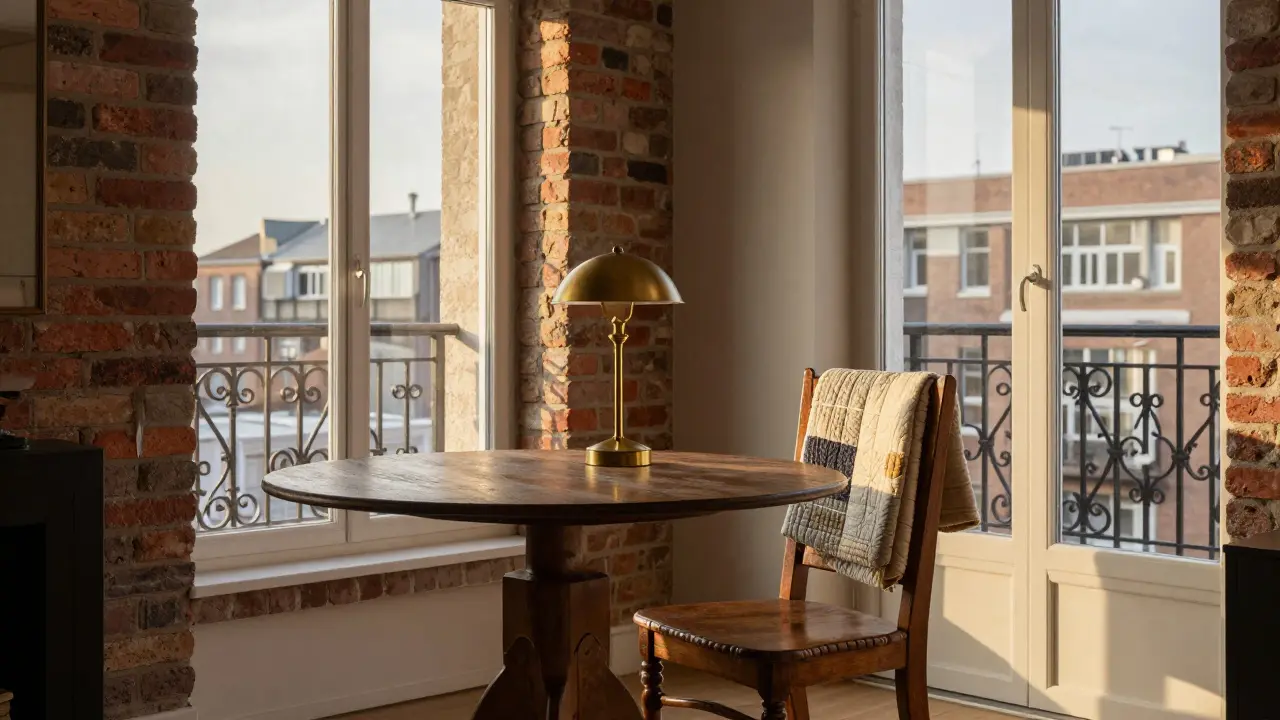
The Revivalism Movement: How Past Styles Are Reshaping Modern Culture
The revivalism movement is bringing back historical styles in architecture, design, and craft-not as nostalgia, but as a meaningful response to modern life's speed and emptiness. People are choosing handmade, durable, and story-rich objects over mass-produced ones.
Read more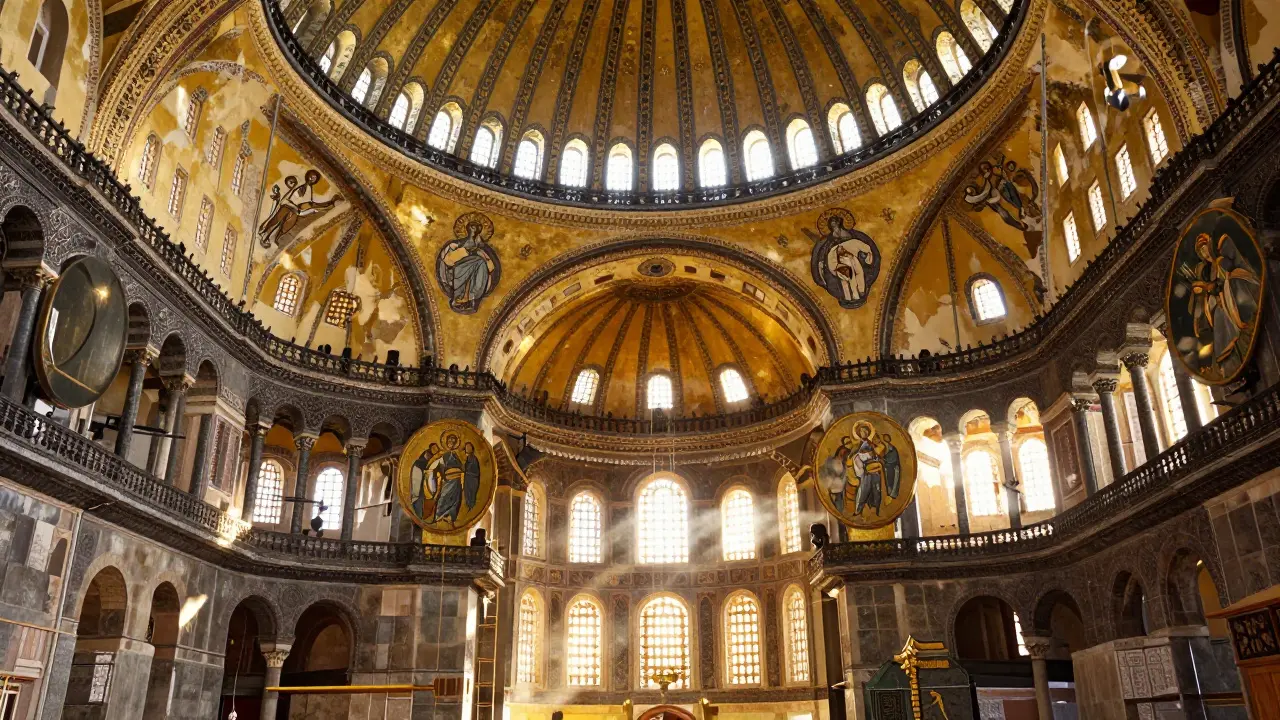
Byzantine Architecture: The Legacy of a World Heritage
Byzantine architecture revolutionized sacred spaces with its glowing domes, gold mosaics, and spiritual design. From Hagia Sophia to St. Mark’s Basilica, its legacy still shapes churches and buildings worldwide.
Read more
How Italianate Architecture Shaped Modern Urban Design
Italianate architecture transformed 19th-century cities with its tall, ornate homes and rhythmic streetscapes. Its focus on human scale, verticality, and decorative detail still influences urban design today.
Read more